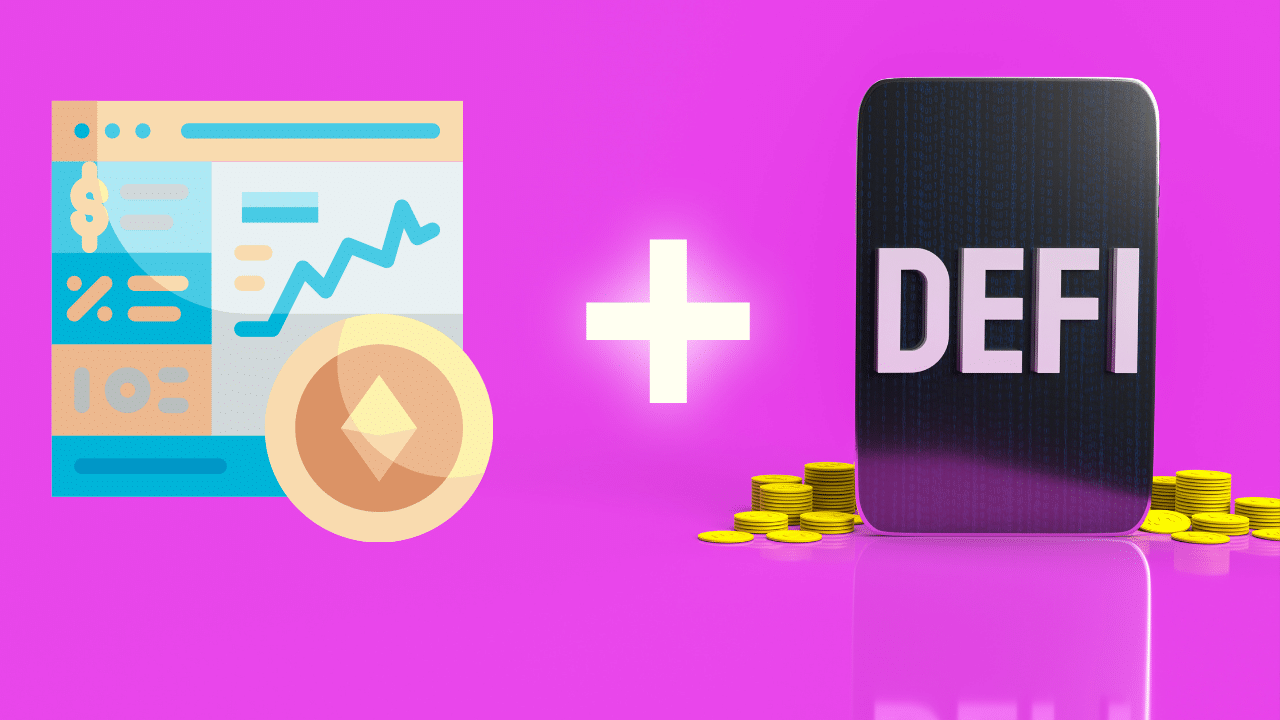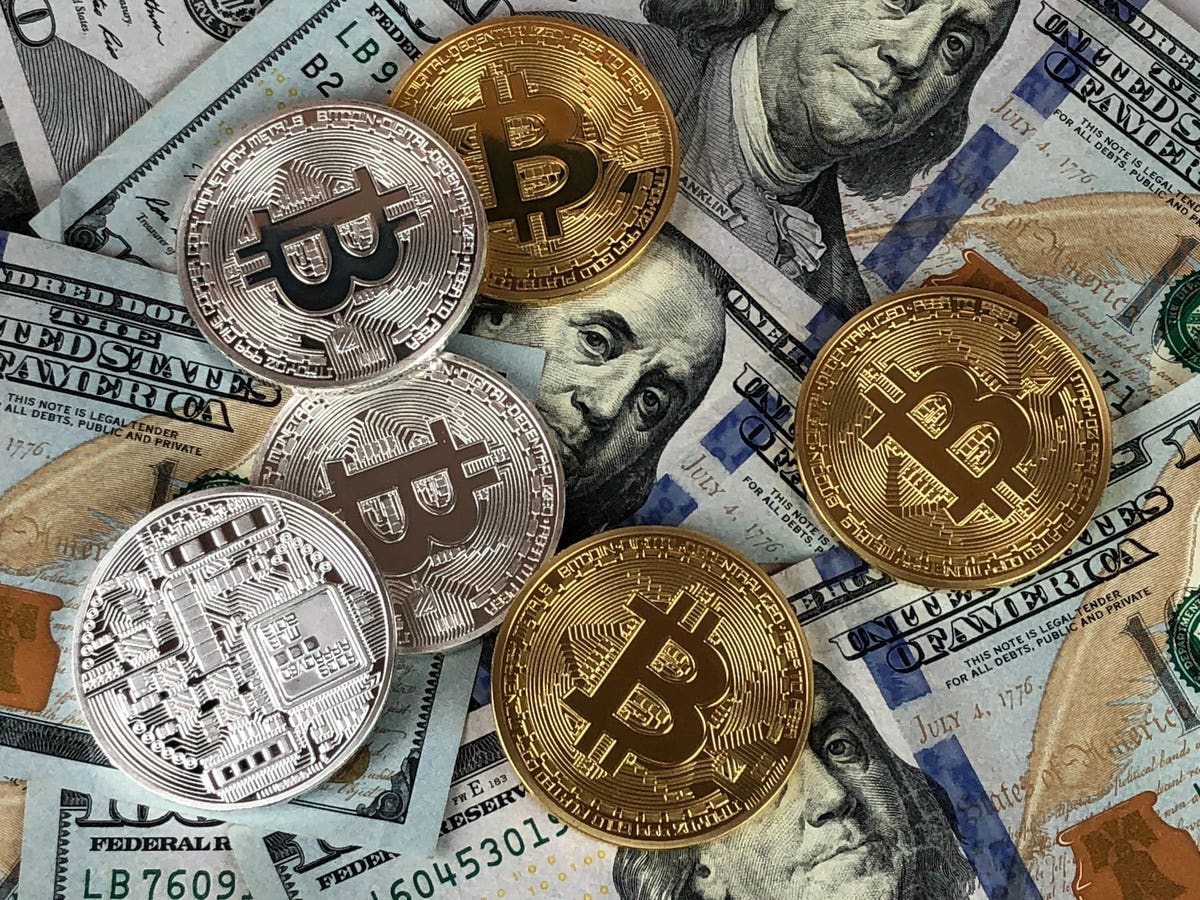The Forbes Advisor editorial team is independent and objective. To help support our reporting work, and to continue our ability to provide this content for free to our readers, we receive payment from the companies that advertise on the Forbes Advisor site. This comes from two main sources.
First, we provide paid placements to advertisers to present their offers. The payments we receive for those placements affects how and where advertisers’ offers appear on the site. This site does not include all companies or products available within the market.
Second, we also include links to advertisers’ offers in some of our articles. These “affiliate links” may generate income for our site when you click on them. The compensation we receive from advertisers does not influence the recommendations or advice our editorial team provides in our articles or otherwise impact any of the editorial content on Forbes Advisor.
While we work hard to provide accurate and up to date information at the time of publication that we think you will find relevant, Forbes Advisor does not and cannot guarantee that any information provided is complete and makes no representations or warranties in connection thereto, nor to the accuracy or applicability thereof. You should always check with the product provider to ensure that information provided is the most up to date.
Important Disclosure: The content provided does not consider your particular circumstances and does not constitute personal advice. Some of the products promoted are from our affiliate partners from whom we receive compensation.
Read More
If you require any personal advice, please seek such advice from an independently qualified financial advisor. While we aim to feature some of the best products available, this does not include all available products from across the market. Although the information provided is believed to be accurate at the date of publication, you should always check with the product provider to ensure that information provided is the most up to date.
Read Less
Don’t invest unless you’re prepared to lose all the money you invest. This is a high-risk investment and you should not expect to be protected if something goes wrong.
Take 2 mins to learn more
Due to the potential for losses, the Financial Conduct Authority (FCA) considers this investment to be high risk.
If you are interested in learning more about how to protect yourself, visit the FCA’s website here
For further information about cryptoassets, visit the FCA’s website here
Forbes Advisor has provided this content for educational reasons only and not to help you decide whether or not to invest in cryptocurrency. Should you decide to invest in cryptocurrency or in any other investment, you should always obtain appropriate financial advice and only invest what you can afford to lose.
Decentralised finance, or DeFi, integrates cryptocurrency and blockchain technology to manage financial transactions without external agents and centralised institutions. It relies on hardware, software, and stablecoins to support app development.
The aim of DeFi is to democratise finance by replacing legacy, centralised institutions with peer-to-peer relationships that can provide a full spectrum of financial services, from everyday banking, loans and mortgages, to complicated contractual relationships and asset trading.
Today, almost every aspect of banking, lending and trading is managed by centralised systems, operated by governing bodies and gatekeepers. Regular consumers typically need to deal with a raft of financial middlemen to get access to everything from loans and mortgages to trading stocks and bonds.
In the UK, regulatory bodies such as the Financial Conduct Authority set the rules for centralised financial institutions and brokerages, and Parliament amends the rules over time.
As a result, there are few paths for consumers to access capital and financial services directly. They cannot bypass middlemen such as banks, exchanges and lenders, who earn a percentage of every financial and banking transaction.
DeFi challenges this centralised financial system by disempowering middlemen and gatekeepers, and empowering everyday people via peer-to-peer exchanges.
Rafael Cosman, CEO and co-founder of TrustToken, says: “Decentralised finance is an unbundling of traditional finance. DeFi takes the key elements of the work done by banks, exchanges and insurers today – such as lending, borrowing and trading – and puts it in the hands of regular people.”
Here’s how that might play out. Today, you might put your savings in an online savings account and earn a 0.50% interest rate on your money. The bank then turns around and lends that money to another customer at 3% interest and pockets the difference profit.
With DeFi, people lend their savings directly to others, cutting out the bank’s take and earning the full 3% return on their money.
You might think, “Hey, I already do this when I send my friends money with PayPal.” But you don’t. You still have to have a debit card or bank account linked to those apps to send funds, so these peer-to-peer payments are still reliant on centralised financial ‘middlemen’ to work.
Blockchain and cryptocurrency are the core technologies that enable decentralised finance.
When you make a transaction in your conventional bank account, it’s recorded in a private ledger – your banking transaction history – which is owned and managed by a large financial institution. Blockchain is a decentralised, distributed public ledger where financial transactions are recorded in computer code.
When we say that blockchain is distributed, that means all parties using a DeFi application have an identical copy of the public ledger, which records each and every transaction in encrypted code. That secures the system by providing users with anonymity, plus verification of payments and a record of asset ownership that’s (nearly) impossible to alter by fraudulent activity.
When we say blockchain is decentralised, that means there is no middleman or gatekeeper managing the system. Transactions are verified and recorded by parties who use the same blockchain, through a process of solving complex mathematics problems and adding new blocks of transactions to the chain.
Advocates of DeFi assert that the decentralised blockchain makes financial transactions secure and more transparent than the private, opaque systems employed in centralised finance.
DeFI is making its way into a wide variety of simple and complex financial transactions. It’s powered by decentralised (dapps) or other programs called “protocols.” Dapps and protocols handle transactions in the two main cryptocurrencies, Bitcoin (BTC) and Ethereum (ETH).
While Bitcoin is the more popular cryptocurrency, Ethereum is much more adaptable to a wider variety of uses, meaning much of the dapp and protocol landscape uses Ethereum-based code.
The DeFi market gauges adoption by measuring what’s called locked value, which calculates how much money is currently working in different DeFi protocols. At present, the total locked value in DeFi protocols is estimated to be nearly £34 billion.
Adoption of DeFi is powered by the omnipresent nature of blockchain: The same moment a dapp is encoded on the blockchain, it’s globally available. While most centralised financial instruments and technologies roll out slowly over time, governed by the respective regulations of regional economies, dapps exist outside these rules, increasing their potential reward – but – also increasing their risks.
DeFi is an emerging phenomenon that comes with many risks. As a recent innovation, decentralised finance has not been stress tested by long or widespread use. In addition, national authorities are taking a harder look at the systems it’s putting in place, with an eye toward regulation. Some of the other risks of DeFi include:
Dan Simerman, head of financial relations at IOTA Foundation, a DeFi research and development group, says investors will soon have more independence, which will allow them to “deploy [assets] in creative ways that seem impossible today.”
DeFi also carries big implications for the big data sector as it matures to enable new ways to commodify data, Simerman says.
But for all its promise, DeFi has a long road ahead, especially when it comes to uptake by the general public.
Cryptocurrency is unregulated in the UK. The UK regulator, the Financial Conduct Authority, has repeatedly warned investors that they risk losing all their money if they buy cryptocurrency, with no possibility of compensation.
Financial Promotion approved for the purposes of section 21 of the Financial Services and Market Act 2000 by Richdale Brokers & Financial Services Ltd (FRN 769876). Date of approval: 07/09/2023
E. Napoletano is a former registered financial advisor and award-winning author and journalist.
Michael is Deputy Editor, Cryptocurrency at Forbes Advisor. He began his financial writing career in 2005 as a marketing copywriter, which is how he refined his investing knowledge and skills. Over the years, he’s written editorial and marketing pieces for many of the world’s leading financial newsletters and publications. His main investing interests are technology, blockchain and cryptocurrency.
Staff writer Mark Hooson has been a journalist within the personal finance, consumer affairs and fraud sectors for more than 10 years. He is also Forbes Advisor UK’s resident tech expert. Mark says he thrives on making ‘complicated and dry topics easier to digest’.



